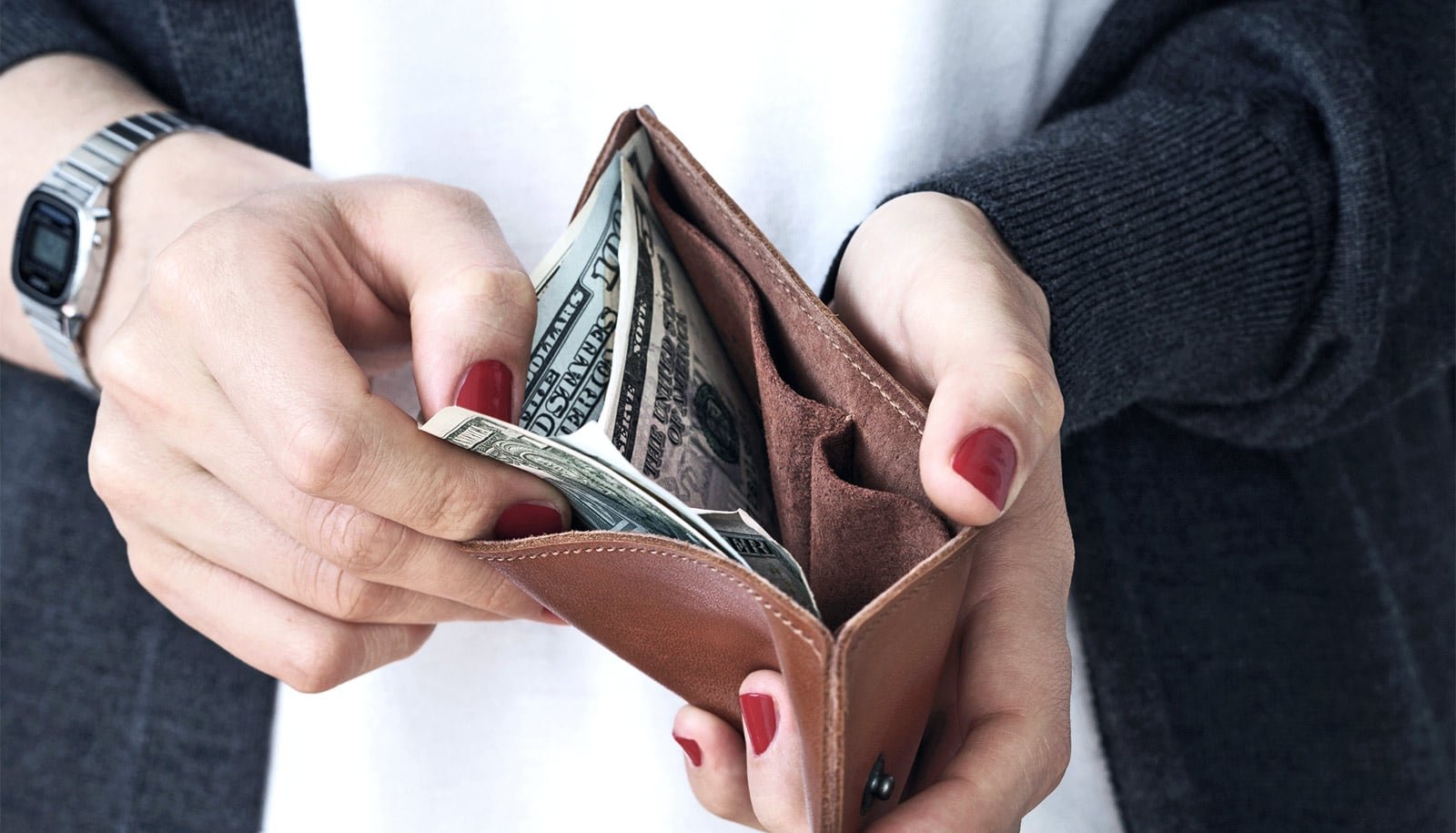What Happens When a Narcissist Runs Out of Money: The Effects
Narcissistic Personality Disorder (NPD) is marked by an inflated sense of self-importance, a need for excessive admiration, and a lack of empathy.
What happens when a narcissist runs out of money?
When a narcissist runs out of money, they lose the symbols of success and power that support their self-esteem.
This financial downfall can lead to emotional and behavioral changes.
It also reveals the vulnerabilities hidden behind their grandiose facade.
Key Takeaways:
Narcissistic Personality Disorder: Marked by an inflated self-importance and lack of empathy.
Role of Money: Used to validate superiority and control.
Impact of Financial Ruin: Strips away symbols of success, triggering emotional and behavioral changes.
Revealing Vulnerabilities: Financial collapse exposes underlying insecurities.
Importance of Understanding: Essential for managing interactions with narcissists in various settings.
Role of Financial Stability
Financial stability is crucial for maintaining the grandiose self-image that narcissists project.
Money often serves as a tool for narcissists to control, gain admiration, and validate their superiority.
Impact of Financial Ruin
When a narcissist runs out of money, it can trigger a profound narcissistic injury. The loss of financial status, especially for a covert narcissist, shatters the facade they've built.
If you haven’t heard about the covert narcissist, it isn’t anything but one of the common types of narcissist you’ll find.
The narcissist believes their worth is tied to wealth, leading to poor emotional regulation when faced with financial ruin.
Without the means to maintain their lifestyle, narcissists thrive less on external validation. This crisis may drive them to behave like a drug addict, desperately seeking a new supply of admiration and resources to fill the void left by their economic downfall.
Importance of Understanding
Understanding these dynamics is essential for those interacting with narcissists, whether personally or professionally.
Exploring what happens when a narcissist runs out of money can shed light on the psychological and social ramifications of their financial collapse.
Psychological Impact of Losing Financial Resources
Effect on Self-Esteem and Self-Worth
For a true narcissist, financial stability is crucial to their self-esteem, often mistaken for self-love. Losing financial resources devastates them, stripping away symbols that validate their inflated self-image.
When facing a financial crisis, their carefully constructed facade crumbles, revealing deep insecurities. This can happen in any relationship affected by narcissism, leaving victims struggling to survive and realize what's occurring.
The narcissist may intensify love bombing to maintain other supplies. It's vital for those involved to become aware they're not responsible for the narcissist's behavior. Recognizing this helps a person understand the dynamics and take steps to protect themselves.
Possible Onset of Depression and Anxiety
Psychological Impact of Financial Ruin on Narcissists
The psychological impact of financial ruin on a narcissist goes beyond self-esteem issues.
It can lead to more severe any mentally ill challenges like depression and anxiety.
The loss of financial resources can trigger a profound sense of hopelessness and despair.
For individuals who derive their worth from external validation, the absence of financial stability is particularly destabilizing.
Depression may arise from their inability to reconcile their grandiose self-image with their new reality.
Changes in Social Behavior and Relationships
Shift in How They Interact with Social Circles
When a narcissist experiences a financial downfall, their social behavior and relationships are significantly impacted.
Narcissists often use their financial status to control and influence their social circles.
The loss of this financial leverage can lead to a dramatic shift in their interactions with others.
In the face of a financial crisis, they may become more isolated and withdrawn.
The fear of being judged or pitied for their struggles can drive them to avoid social interactions altogether.
Strategies They May Employ to Maintain Their Narcissistic Supply
Maintaining Narcissistic Supply in Financial Ruin
In the wake of financial ruin, a narcissist often employs various strategies to maintain their narcissistic supply.
This is their constant need for admiration and validation from others.
One common tactic is to exaggerate or fabricate stories of past successes and future prospects.
By creating an illusion of impending financial recovery, they can continue to garner sympathy and admiration from their social circles.
Another strategy involves shifting the focus away from their financial issues and onto other aspects of their life where they can still exert control.
Potential Destructive Behaviors and Coping Mechanisms
Engagement in Risky Financial Schemes or Manipulative Tactics
When faced with a financial crisis, a narcissist may resort to risky financial schemes or manipulative tactics.
This is often a desperate attempt to regain their lost status.
The fear of financial ruin combined with the narcissist's need to maintain their grandiose self-image can drive them to make impulsive and reckless decisions.
These risky behaviors are fueled by a mix of denial and desperation as they struggle to cope with their financial instability.
One common tactic is engaging in high-risk investments or get-rich-quick schemes.
Possible Escalation in Abusive Behavior Towards Close Associates
Escalation in Abusive Behavior Due to Financial Distress
The stress and anxiety from financial distress can lead to an increase in abusive behavior towards those closest to a narcissist.
As their financial problems worsen, the narcissist's need to exert control and dominance becomes more pronounced.
This can manifest in various forms of narcissistic abuse, including emotional, psychological, and even physical abuse.
Emotionally, narcissists may become more critical and demeaning towards their partners, family members, or close friends.
The frustration and anger from their financial struggles can be projected onto those around them, resulting in increased verbal abuse and manipulation.
Frequently Asked Questions:
1. What happens when a narcissist runs out of money?
When a narcissist runs out of money, they lose the symbols of success and power that support their self-esteem.
This financial downfall often leads to significant emotional and behavioral changes.
It also exposes vulnerabilities hidden behind their grandiose facade.
2. How does financial ruin affect a narcissist's mental health?
Financial ruin can trigger severe mental health challenges for a narcissist, including depression and anxiety.
The loss of financial resources can create a profound sense of hopelessness and despair.
Their inability to reconcile their grandiose self-image with their new reality can exacerbate these mental health issues.
3. What are the potential behaviors of a narcissist facing financial distress?
A narcissist facing financial distress may engage in risky financial schemes or manipulative tactics to regain their status.
They might also become more abusive towards those closest to them, manifesting in emotional, psychological, or even physical abuse.
Understanding these behaviors is crucial for providing support and intervention.
Conclusion
Narcissistic Personality Disorder (NPD) involves an inflated sense of self-importance and a lack of empathy.
When a narcissist runs out of money, they lose the symbols of success and power that validate their self-esteem, leading to emotional and behavioral changes.
Understanding these dynamics is crucial for managing interactions with narcissists and supporting those affected by their financial distress.





